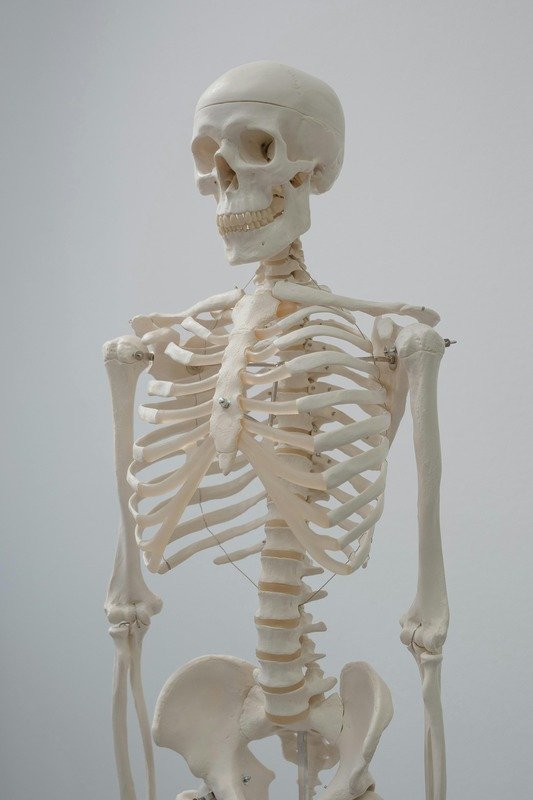The Causes & Management of Musculoskeletal Conditions
Statistics collated in 2017 revealed that musculoskeletal (MSK) conditions affected around 18.8 million people across the UK. This encompasses a wide range of issues from osteoarthritis to back pain. In addition, in 2019, the Health and Safety Executive reported that an estimated 6.9 million working days were lost due to work related musculoskeletal disorders. It is clear that musculosketal conditions are extremely prevalent.

Causes:
Musculoskeletal pain and dysfunction can have a variety of causes and contributary factors e.g.
- Degenerative conditions such as osteoarthritis can be caused by the wear and tear of daily activities on the musculoskeletal system.
- Trauma/accidents (e.g. fractures, sprains, dislocations, and impact injuries)
- Poor posture, repetitive movements, overuse, and prolonged immobilisation which puts strain on certain parts of the musculoskeletal systems
- Lifestyle factors such as diet, activity levels, sleep and stress
- Genetic and Developmental factors: e.g. some people have a family history of early onset of osteoarthritis. Other people may have developed a slight abnormality. This could be something like a cam/pincer deformity of the hip joint which might lead to an impingement syndrome and/or predispose you conditions such as a labral tear or or osteoarthritis.
- Other disease processes.
Management:
There are often things you can do to help yourself when you have a minor injury to the musculoskeletal system. However, if the problem is more serious or it persists, then you should seek professional advice/input.
Appropriate management options depend upon the nature of the condition. This may involve further self-help over the longer term such as making any appropriate lifestyle modifications to give your body the best chance to heal and repair. Other common treatment options may include one of more of:
- Rehabilitation exercises. These can help to restore normal muscle function and strength, or normal range of joint movement
- Biomechanical assessment (How you actually execute a movement). If there are adverse biomechanics, this may need to be corrected.
- Use of various aids e.g. braces, orthotics, tape etc to protect and offload injured areas or to encourage more ergonomic alignment for better musculoskeletal function
- Hands on treatment through manipulation/mobilisation of joints and soft tissues to restore normal tissue function
- Other modalities such as acupuncture or shockwave treatments can be helpful in some conditions
- “Regenerative Medicine” procedures such as prolotherapy, autologous blood, platelet rich plasm and stem cells have also been emerging. Regenerative medicine techniques are aimed at stimulating the body to repair damaged or worn out tissues.
- Appropriate pain medication (e.g. a course of tablets or an injection). This can address issues such as inflammatory musculoskeletal problems, or help overcome barriers to rehabilitation exercises to break the cycle of chronic pain in order to reverse nervous system “wind up” . Nervous system wind up is discussed under our article on “Understanding Pain”, but in brief this means nervous system sensitisation.
- Addressing any other physical or mental health issues you have which may be negatively impacting your musculoskeletal health.
- Surgical procedures when they become necessary, where there is a surgical indication and when conservative measures are either inappropriate or have failed.
So who can help me?
The array of different healthcare professionals who deal with musculoskeletal problems can be confusing and in the private sector particularly, it is often difficult to know who to turn to in the first instance. In the NHS, most patients will initially see their GP or “first point of contact” healthcare practitioner, and some patients will receive onward referral to another healthcare professional as appropriate.
Skillsets will vary between different types of practitioners because they undergo different core training. If you’d like to see a practitioner but you’re not sure who to see, give us a call and we’ll be happy to advise.
